Macs were never meant for gaming. After all, this is precisely why games for the macOS operating system were not even prepared for a long time, and developers, on the contrary, successfully ignored the apple platform, which can be said to be true until now. The arrival of Apple Silicon chips has significantly changed the discussion, Apple users have finally become interested in gaming and are looking for various ways to use their Mac for gaming. In the final, unfortunately, it is not quite so simple, because high performance simply does not ensure the optimal running of games.
It could be interest you

The presence of a modern API is also very important, which seems to unlock the full potential of the hardware. And it is here that we can come across a fundamental stumbling block. In the case of PC (Windows), the DirectX library dominates, but unfortunately it is not multi-platform and simply does not work for Apple users. The company Valve, behind the games Half-Life 2, Team Fortress 2 or Counter-Strike, is trying to solve this ailment, which has an unquestionable share in the development of a multi-platform API called Vulkan, which is directly designed to work as efficiently as possible with today's assemblies and even offers support for Apple Silicon. That is, he could offer it, if someone did not deliberately interfere with it.
Apple blocks foreign innovation
But as we all know Apple, this Cupertino giant is forging its own path and slowly ignoring all competition. It is very similar in the case of this discussion, where it is decided whether Macs will ever be suitable devices for gaming. Therefore, although the Vulkan API offers native support for computers with Apple Silicon chips, the apple company has completely cut it off and does not officially support the API, for which it has a fundamental reason. Instead, the company relies on its own solution, which is only slightly older than Vulcan and works better with the Apple ecosystem - it is called Metal. Before that, Apple computers, phones and tablets relied on the older OpenCL alternative, which has practically disappeared and has been completely replaced by Metal.
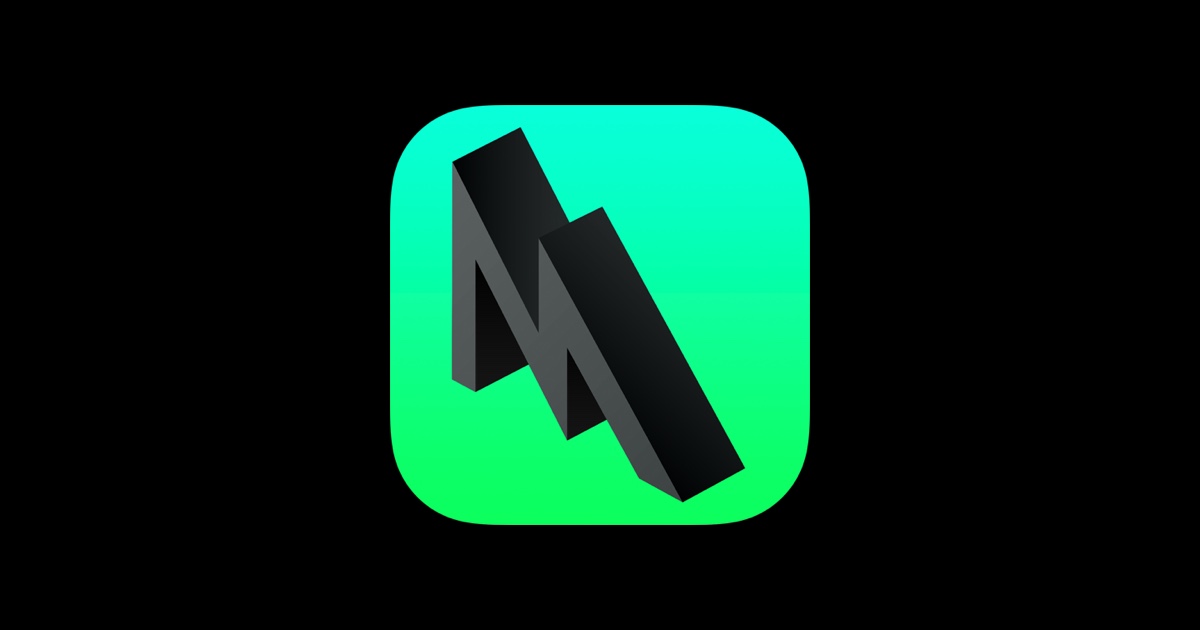
But here is the problem. Some apple fans see it as Apple completely blocks foreign innovations and does not want to let them into its systems, although it could help, for example, gamers. But it will all be more about unfortunate timing. The Cupertino giant had to work on the development of API Metal for a long time and certainly spent a lot of money on it. The very first release was already in 2014. Vulkan, on the other hand, came two years later (2016). At the same time, we can encounter one more problem, and that is the overall optimization. While the Vulkan graphics API targets virtually every computer under the sun (aiming to be cross-platform), Metal is directly targeted at a specific type of hardware, namely Apple devices, which may yield better results.
How will it be with gaming on Macs?
So the truth is that Macs are no more ready for gaming than they were, say, two years ago. Although the performance of Apple Silicon chips gives them enormous performance, it is precisely in the field of gaming that it will not work without a high-quality graphics API, which allows games to use the full potential of the hardware. Fortunately, some developers are trying to respond to current developments. For example, today we have the popular MMORPG World of Warcraft available, which even offers native support for computers with Apple Silicon, when it uses Apple's Metal graphics API. Unfortunately, we would only be able to count such games on our fingers.
It could be interest you
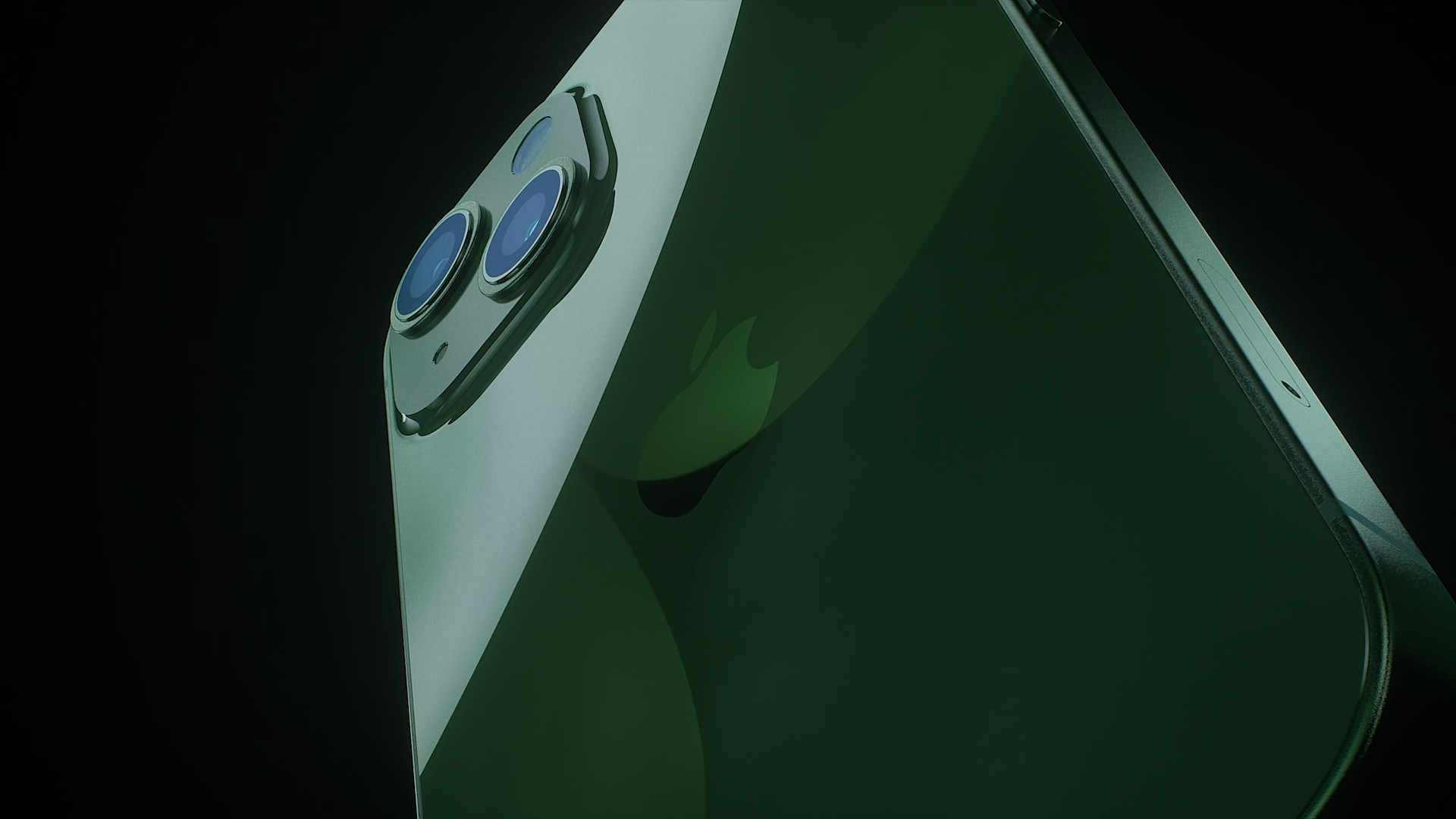
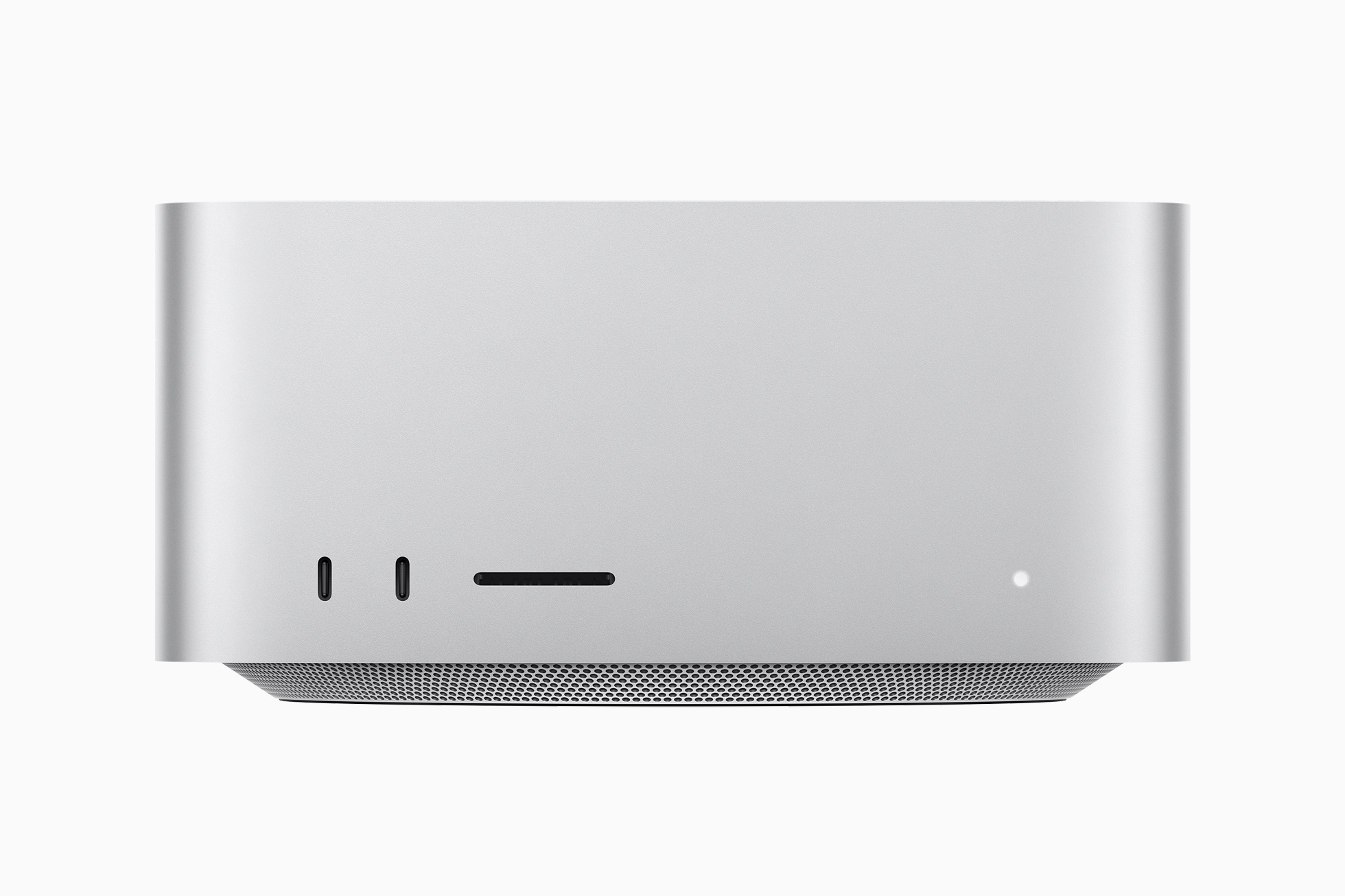
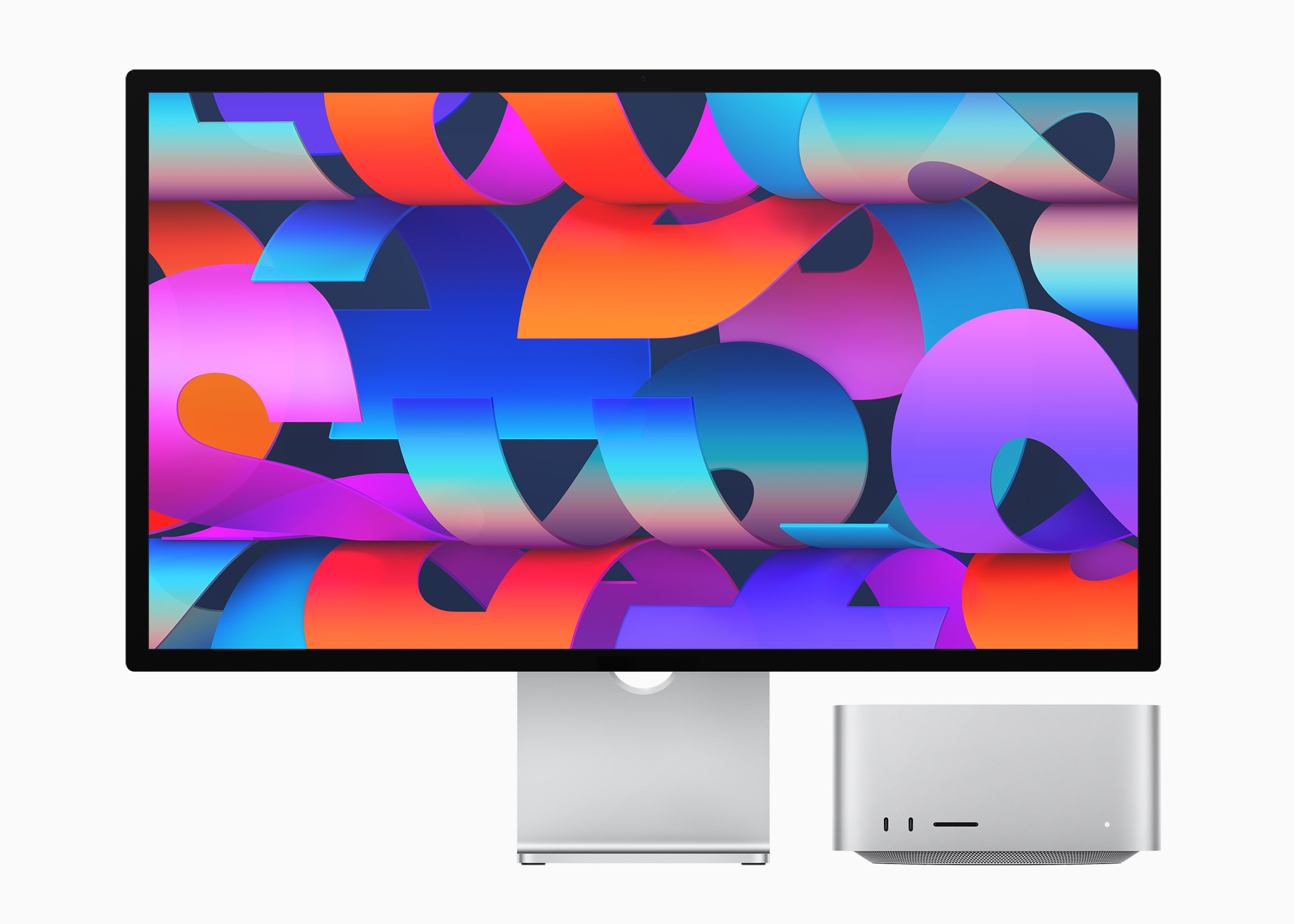
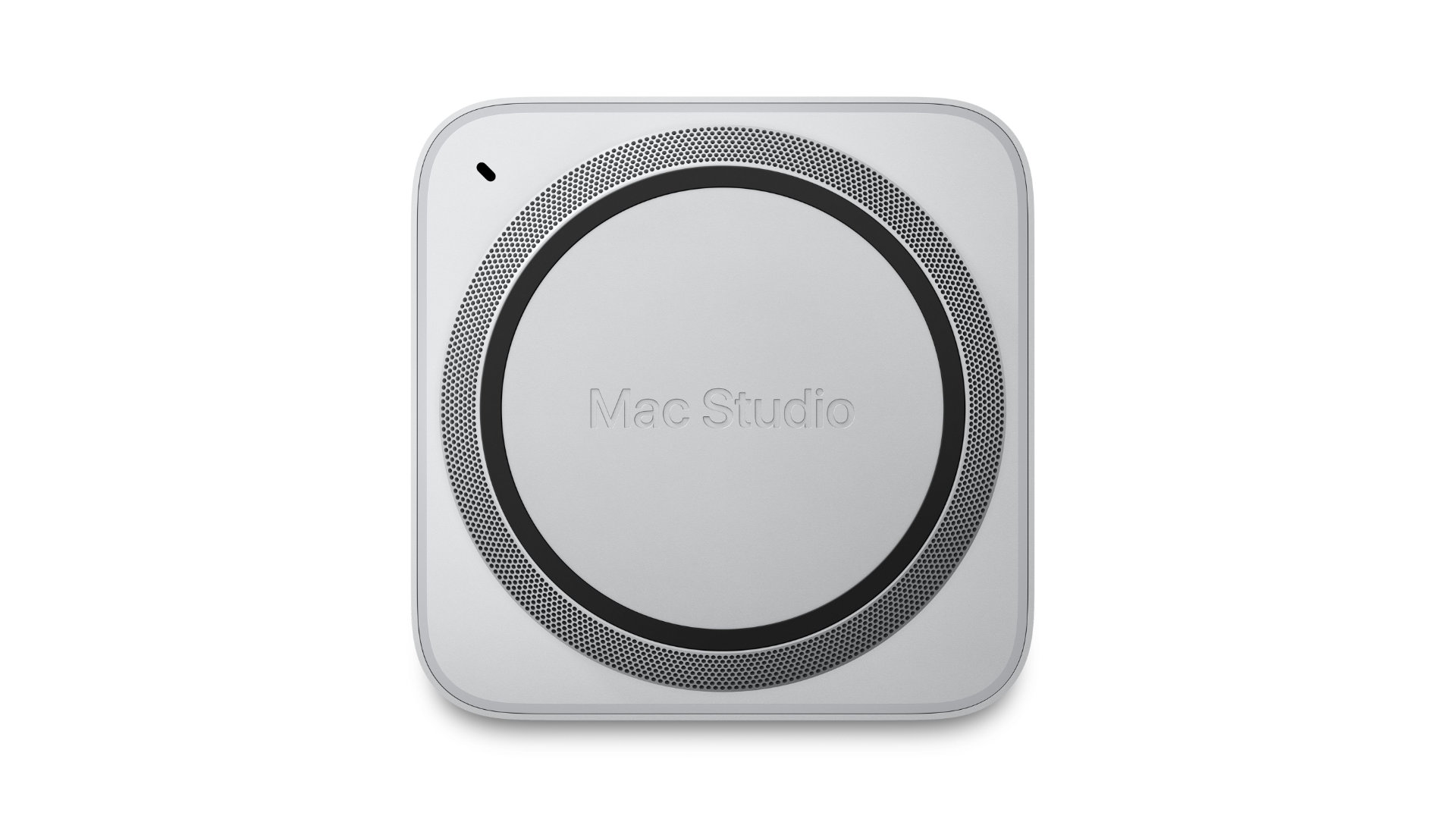
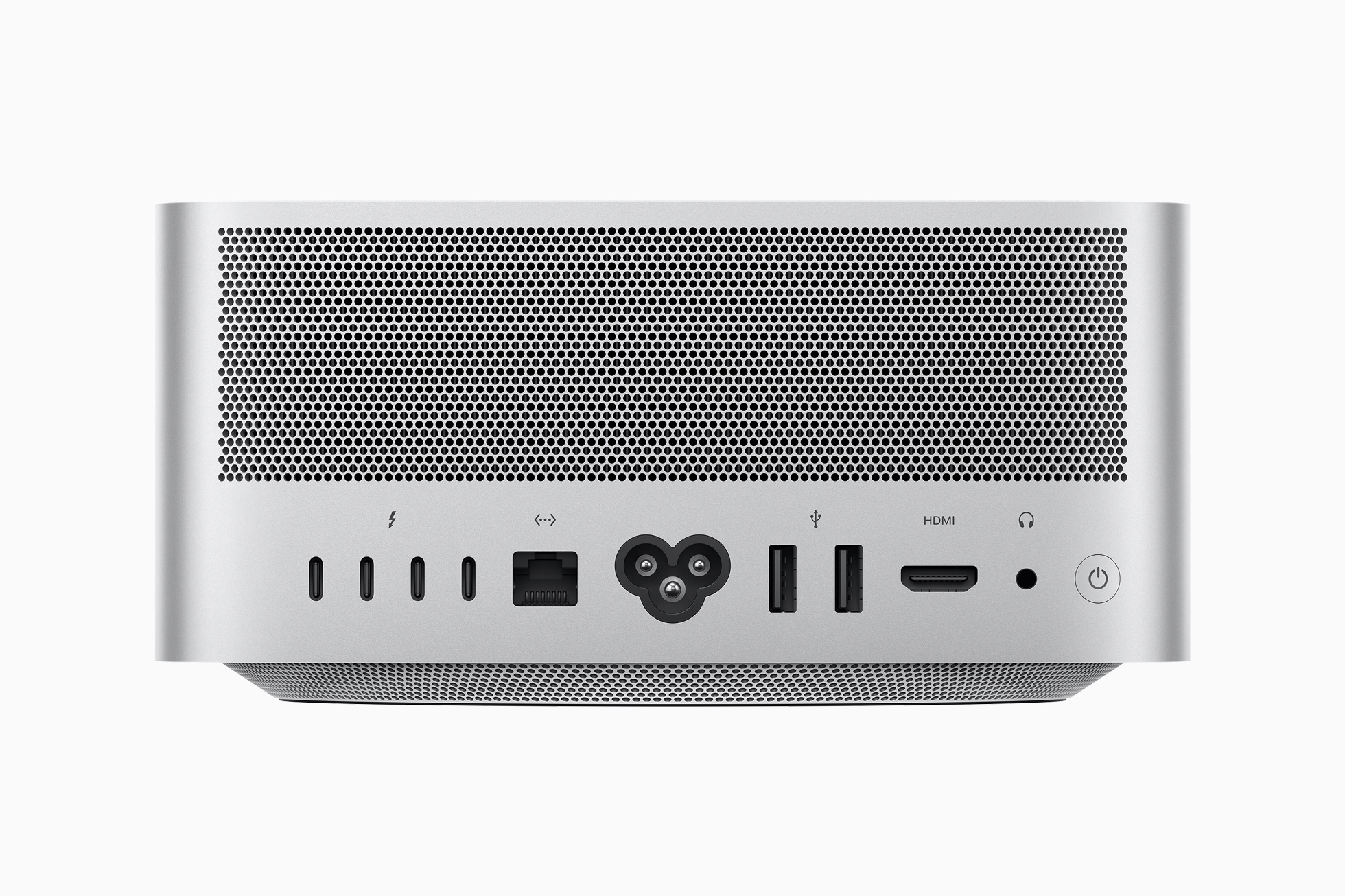
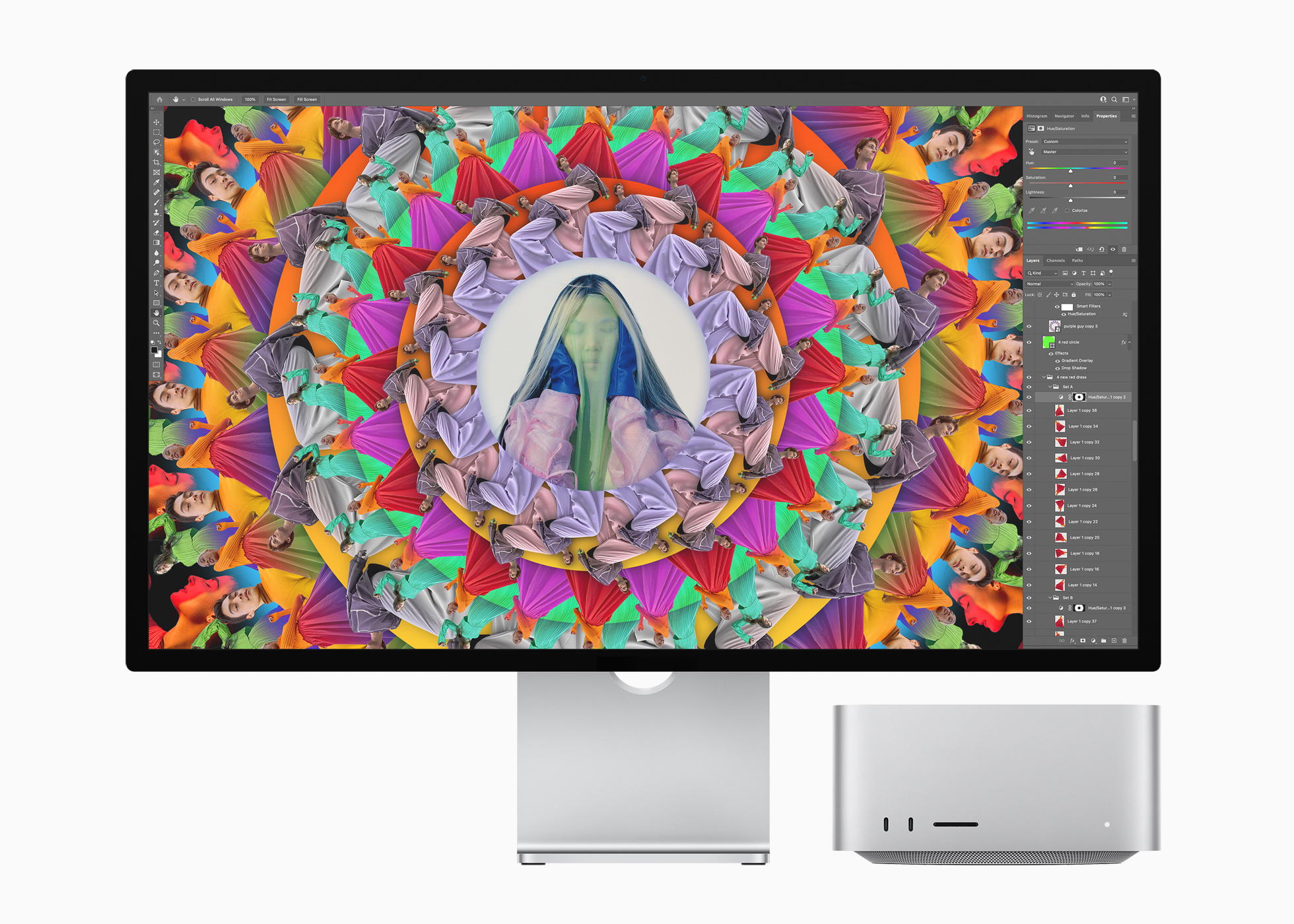
 Adam Kos
Adam Kos